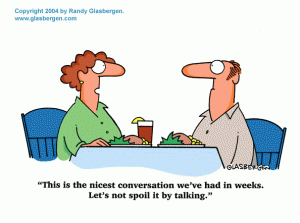Reading through his journal, the writer came across the quote above by Anne Frank posted in her well know Diary. Although written in the midst of World War II, her perspective seems as relevant today as it did more than half a century ago. We adults so often "get down" on young people for being disingenuous and seemingly detached from what is believed important and relevant. Do we ever consider that the young people are merely responding to their evolutionary instincts and operating from a defensive mode of functioning. The constant bombardment of negative messages coming from all forms of media is enough to cause anyone to withdraw and turn their "true self" inward. The general optimism and idealism natural to youth is being twisted and ground into the muck and mire of pessimistic nihilism.
Those of you who have read Anne's Diary know that she appeared able to see the light in the world even in those darkest of times. One can surmise all sorts of psychological postulations as to why Anne was able to remain upbeat and positive despite the bleak and challenging circumstances. The writer would prefer to accredit this ability to the great resiliency of youth. Many of our children, even in the more "advanced" countries, still today must contend with mental, physical, and spiritual hardships that no young person should be forced to bear. And, even though children display considerable resilience amidst adversity, it is blatantly obvious that the eroding social forces that are ever-present, and increasing, grind away at youthful optimism and resourcefulness.
The third and final quote of Anne's not only reflects the power of eternal hope and positive expectation, but reminds us that each moment we are alive is a possible point of debarkation to an improved, and, hopefully, better world. We need to believe that this is true, or we truly are a doomed species. Even more important, we need to assist our young people to believe that such a world is possible, and through the older generations' empowerment of the youth, they can be an essential part of the rebuilding and renewal process.
Finally, older generations bemoan the perceived lack of respect and concern by young people toward older individuals. Having worked directly with the younger generation for over 40 years, it is the writer's opinion that the youth of today very much want to respect and honor the older generations, but are increasingly being given reason to do otherwise. This is a topic for another time and post, but the writer believes that the younger members of our species are watching and waiting for reasons to be responsive to, and supportive of, the older generations. We need to take responsibility of opening the doors and inviting them to join their forces with ours to build a better world for themselves, and the generations yet to come.










